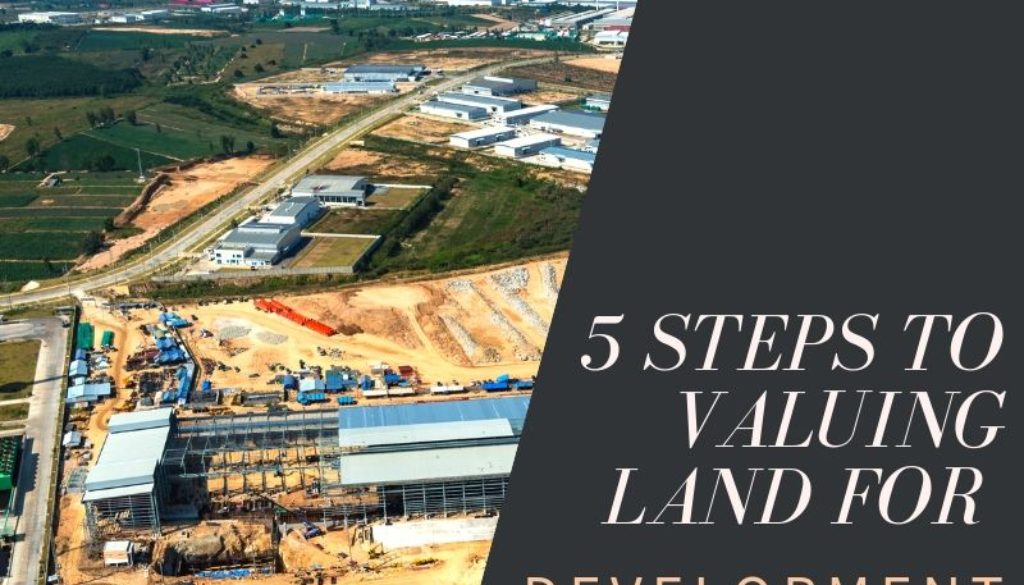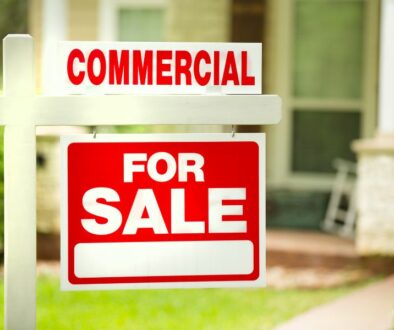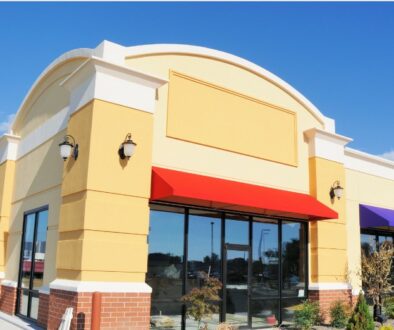5 Steps to Valuing Land for Development
5 Steps to Valuing Land for Development – My specialty is commercial real estate and even though I deal with a lot of residential properties as well, commercial real estate is really my passion. Pricing or valuing land for development is a little bit of an art form but there are several ways to do it. The most accepted land valuation method is the land residual technique. Developers are able to determine the current and future value of a property or piece of land and whether it’s used for residential or commercial purposes.
The land residual technique is basically a calculation. It takes the highest and best use of a particular piece of property and subtract out the total cost of development to arrive at the residual value or basically the land value. So, how do you get to these numbers?
5 Steps to Valuing Land for Development
Schedule a consultation today
#1. Use and utility
Yes, location is everything and that’s never truer than when developing land. Comparables can be tricky when evaluating land and typically lands near the ocean or any other high-priced area has a higher value than those away from a hub or a commercial area. For instance, a 100 unit office building in downtown Bellevue will typically be more than the same building in a rural part of Washington.
Property value is determined by its highest and best use, and that depends on where the property is located. One place may be able to use a building for a better highest and best use and in another location. One must first estimate the final or future value of the proposed property and this can be done in several ways. With residential properties, recent sales comparison by appraisers and local real estate agents are often the easiest way to do that, but commercials a little bit trickier.
#2. Development costs.
The cost of developed land varies from place to place. It depends on the materials, the delivery of those materials, research, and location. You’ll want to estimate costs by using the price per square foot method or go line by line with the materials and details. The price per square foot is easier to determine but not as accurate. You want to determine the soft and hard development costs. A hard cost is anything that contributes to the truck construction of the structure itself and soft costs are anything that do not fit into that category.
#3. Resolve the numbers.
If you are developing land such as a residential community to sell, and your development costs are around $150 and your estimated cost is about $500,000, the residual land value of the property is $350,000, fairly simple.
#4. Don’t forget your profit.
Obviously, the goal is to make a profit and you’ll need to work that into the in creation before you price the land or make an offer. Most developers of the residential property make up to 30% and anything below that can be hard to finance through a conventional lender. For instance, if you sold the property for $500,000 and the cost to develop with $150,000, 30% would be about $45,000. This is then subtracted from the residual land value for $305,000. That means that to make a 30% profit you would pay no more than $305,000 for the land.
Of course, most developers want to profit on the entire project, not just the costs, so calculate it one more time assuming you’ll make 30% of the land portion to you’ll need to back out approximately $90,000.
#5. Check the value and your math over and over again.
One little slip up with a number can throw everything out of whack so it’s important to check your numbers, do the math, and use of reliable land development real estate broker in your area. Because I have done this for decades, I can help you layout the numbers, see if the property makes sense, and offer tips and suggestions along every step of the way.
Schedule a consultation today
More Tips for Land Buyers and Sellers
- First Time Land Buyer Practical Advice
- How to Find the Right Buyer for Land
- How to Negotiate Commercial Inspections
- How Much to Put Down When Buying Land
- Secrets to Getting Commercial Real Estate Offers Accepted
- Land Prices in Snohomish County
- Good Things to Know When Purchasing Land for Commercial Use




